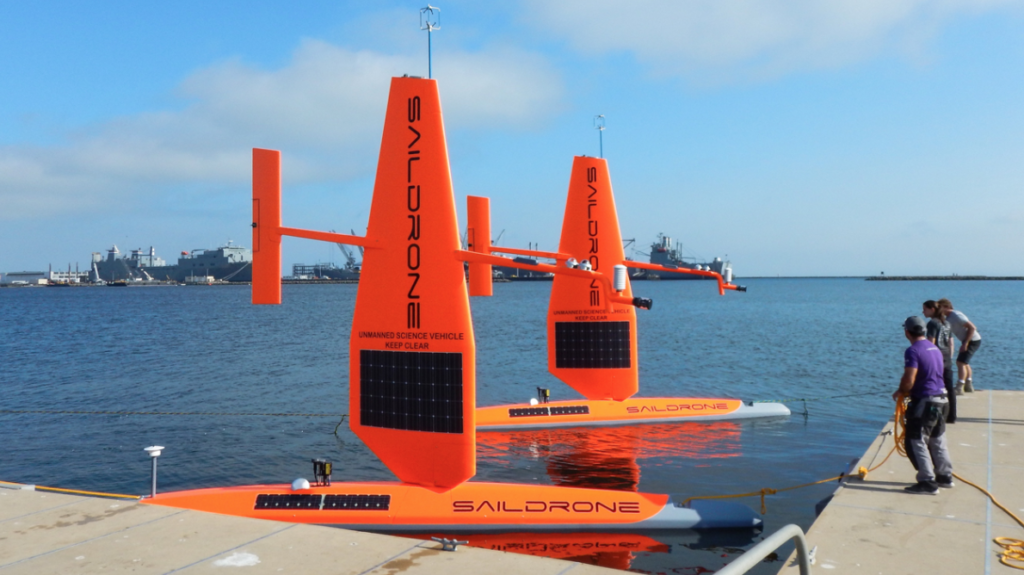March 25, 2022

The US Navy’s 5th Fleet based in Bahrain plans to launch of a new fleet of unmanned drone boats with several allies to patrol the region’s waters to counter Iranian actions against regional shipping.
Vice Adm. Brad Cooper, who commands the 5th Fleet, told The Associated Press February 21 that 100 unmanned drone ships, both surface and submarine, would dramatically multiply the surveillance capacities of the US Navy, allowing it to keep a close eye on waters critical to the flow of the global oil and shipping. Trade at sea has been targeted frequently in recent years by the Pasdaran.
“By using unmanned systems, we can just simply see more. They’re high-reliability and remove the human factor,” Cooper said, adding that the systems are “the only way to cover whatever gaps that we have today.”
Cooper said he hopes the drone force using artificial intelligence would be operational by the summer of 2023 to put more “eyes and ears on the water.”

East waters to monitor activities at sea. They are painted bright orange, so they are not exactly “spy” ships, since everyone will see them quite easily.
He said the unmanned ships and subs would be provided by multiple countries. So far, only Jordan is known to have signed up.
The Bahrain-based 5th Fleet covers the Persian Gulf, Red Sea and a large swath of the northwest Indian Ocean.
A maritime shadow war has played out as oil tankers have been seized by Iranian forces and suspicious explosions have struck vessels in the region, including those linked to Israeli and Western firms. Iran has denied involvement in the attacks, despite evidence from the West to the contrary.
“It’s been well-established that Iran is the No. 1 primary regional threat we are addressing,” Cooper said. “There’s the ballistic missile, cruise missile and UAV [unmanned aerial vehicle] component, both in their capability and their mass proliferation, as well as the proxy forces.”
Iran sponsors proxy militias in Iraq, Syria, Lebanon and Yemen that give it a military reach across the region.
As Yemen’s seven-year-old civil war grinds on, the Iran-backed Houthi rebels have dispatched bomb-laden drone boats into Saudi waters that have damaged vessels and oil facilities. “What the Houthis are doing, it is an entirely, completely different operation that’s offensively oriented,” Cooper said. “What we are doing is inherently defensively oriented.”
Over the years, there have been numerous incidents in which the Pasdaran sent out small boats to harass US Navy ships in the Persian Gulf. Those incidents ceased in the past year, however.
Cooper said that Israel likely would join in the Navy’s unmanned naval drone task force in the region. “I would expect exercises in the future where we would work side-by-side,” he said.
